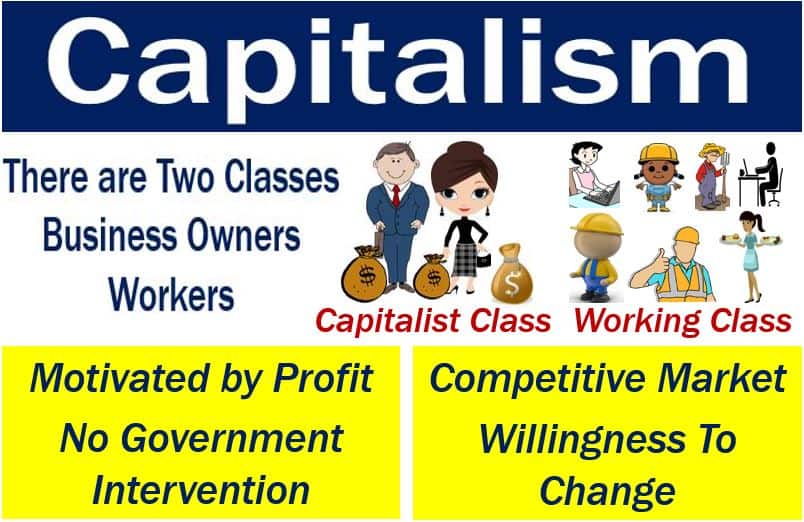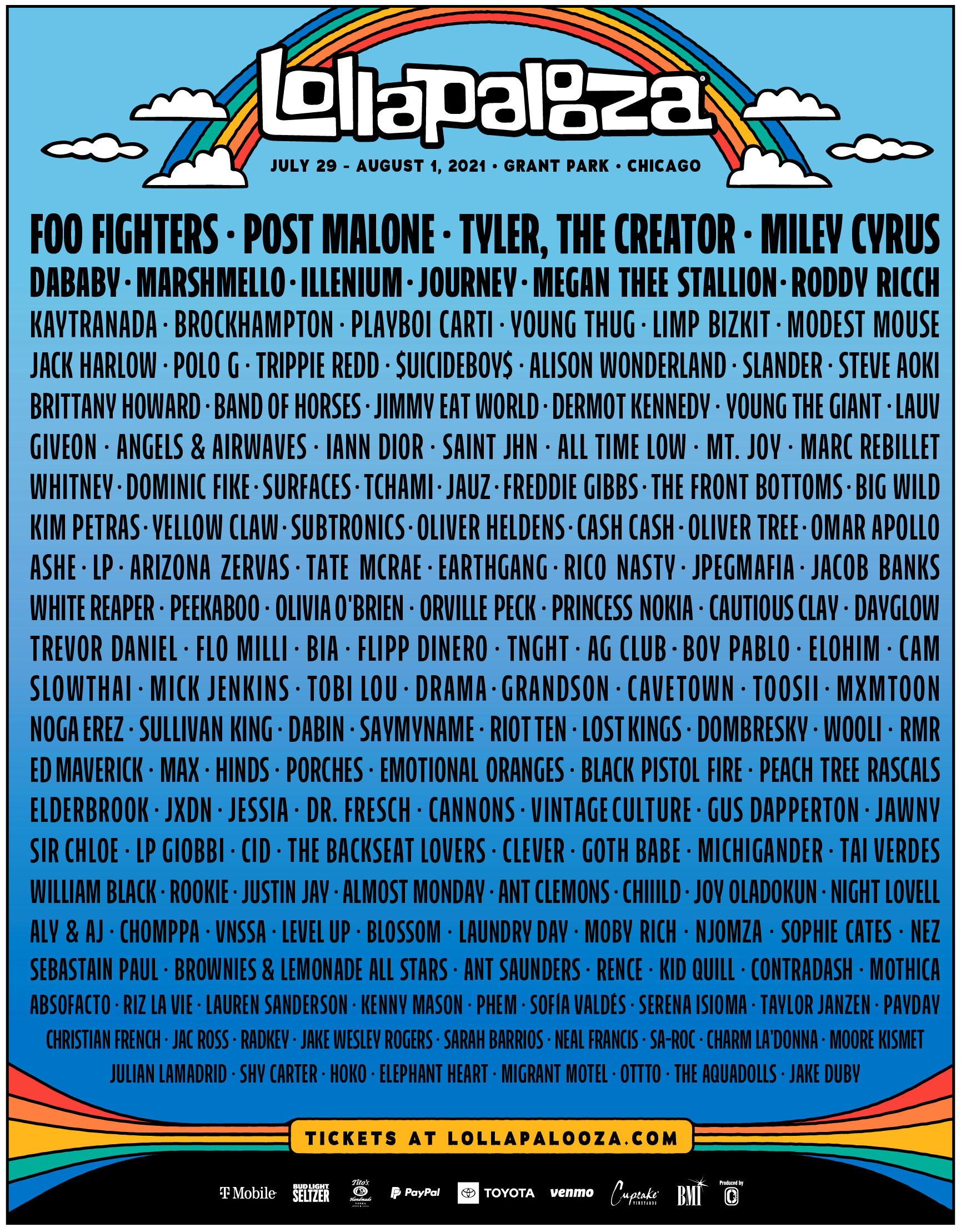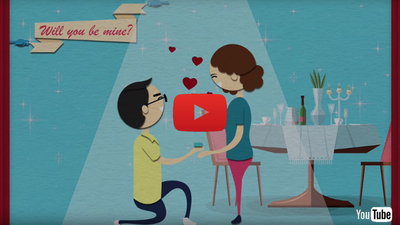Gallery
Photos from events, contest for the best costume, videos from master classes.
 |  |
 |  |
 |  |
 |  |
 |  |
 |  |
Feb. 14 — good ol’ Valentine’s Day. The day of love and, for many, expressing that love. Shelves decked out in shades of pink and red. Heart-shaped boxes of chocolates — the de facto gift. Valentine’s may not have begun as a capitalist construct, but corporate greed has turned it — like many other days — into a financial burden for many. While celebrating Valentine’s Day is a choice, businesses have already instilled a consumerist expectation on the day. Holidays are capitalist days of overconsumption. For Valentine’s Day, stores rolled out their heart-shaped candies, roses and stuffed animals. Typically, products produced for holidays end up in landfills. People spend roughly $27 billion for Valentine’s Day — which doesn’t even come close to Christmas spending. On Valentine’s Day, we should celebrate capitalism not only for the prosperity it creates, but for the many ways in which it fosters and validates friendships, enriching the vast array of Gabby Chiodo, a SLU junior, spoke on the holiday as a primarily capitalist construct. Valentine’s Day is simply a “capitalist ploy,” said Chiodo. This year, consumers spent an estimated $26 billion on Valentine’s Day. So much for money cannot buy you love Valentine’s Day can be that much-needed reminder to cherish and celebrate your relationship. Plus, let’s not forget the happy feels. Celebrating love, in any form, can be a major mood booster. Every year as Valentine’s Day comes around, conversations surround the commercialisation of the holiday that was once a simple celebration of love. Capitalism and Romance. Valentine’s Day According to the National Retail Federation, that spending added up to $23.9 billion last year—the second highest to the $27.48 billion spent on Valentine’s Day in 2020. “Capitalism has done what it has done with every holiday,” said Andover High School senior Andrew Magner. “[It made] it into a day that requires gifts and fancy items.” Since 2000 and the rise of the internet, more and more people celebrate Valentine’s Day digitally with e-cards, with around 15 million e-Valentine’s Day cards sent in 2010. While it has its roots in Christianity, Valentine’s Day is considered a ‘Hallmark holiday’ by many people today because of its commercialisation, and the focus on Valentine's Day fell on a Tuesday in 2023, and Irish spending was 86% higher in cinemas, 73% higher in bowling alleys and 58% higher in restaurants, compared to average spend other Tuesdays that Valentine’s Day is just around the corner, bringing about either a warmhearted appreciation for loved ones or the bitter sentiments of singleness. Receiving chocolate or flowers from your significant other, your gals, or your pals is certainly uplifting, especially considering that the pressure to purchase a thoughtful gift builds up throughout the week beforehand. I also feel like the more recently popularized Galentines Day/Singles Awareness Day have been generally well received in lieu of Valentine’s Day, which is no problem for me (hey, love on your friends and community and love on your single self!) people have no problem treating single Valentine’s Day as a “treat yourself” capitalist day Valentine’s Day, like many other Western holidays, has become a tradition that people celebrate without questioning its origins or purpose. However, as we dig deeper, we realize that Valentine’s Day is not just a simple celebration of love but is instead a self-destructive habit created by capitalist society. Long ago, Valentine’s Day became an artery connected to the “heart of the capitalist project.” Valentine’s Day is festooned with ostentatious flowers, boxes of unrequited chocolates, and engagement rings. While none of these objects are themselves symbols of capitalistic corruption, they can never be replacements for fulfilling love. This hilariously brutal breakdown of Valentine’s Week exposes its capitalist grip. From overpriced roses to unnecessary teddy bears, love has become an economic heist. True affection needs no Is there a specific day to convey love to your loved ones? Don’t you think love shouldn’t have any particular day? These doubts give rise to a valid question:- Is Valentine’s Day a Big In 1913 the commercialisation of Valentine’s Day began, as Hallmark produced their first Valentine’s day cards. The industry then quickly took off. In the mid-80’s the chocolate, flowers, and jewellery industries got involved, and by 2009 the US made approximately £9.2 billion in Valentine’s Day retail. You're right. Valentine's Day is not a made up, Hallmark holiday. Its roots go back to ancient Rome. Yes, capitalist companies capitalize on it, but they capitalize on every holiday. The people who complain about Valentine's Day fall into two groups: People who are unhappy that they don't have a partner, and people who are cheap. February 14th, Valentine’s Day, is seen as a celebration of the expression of love and affection. In the U.S., about $20 billion was spent last year and on average, an individual spent about $146 Is Valentine’s Day outdated? Let’s go back to the beginning. The exact history of this day is quite cloudy, but can be traced back to the third century when St. Valentine (the name of one or two Christian martyrs) died. According to legend, St. Valentine was a priest who was marrying Christian couples in secret.
Articles and news, personal stories, interviews with experts.
Photos from events, contest for the best costume, videos from master classes.
 |  |
 |  |
 |  |
 |  |
 |  |
 |  |